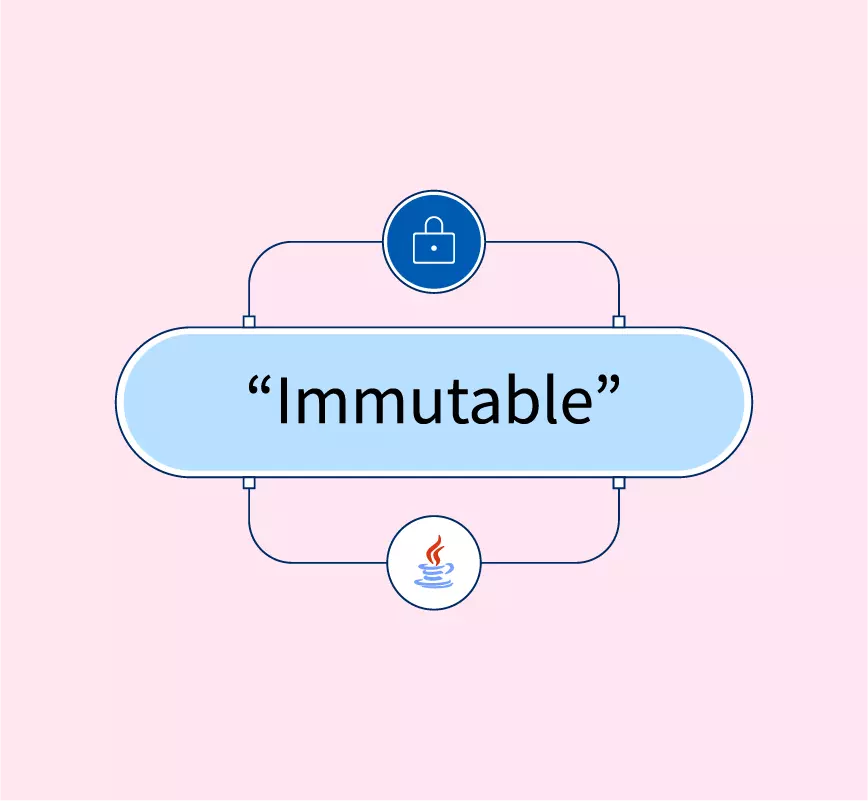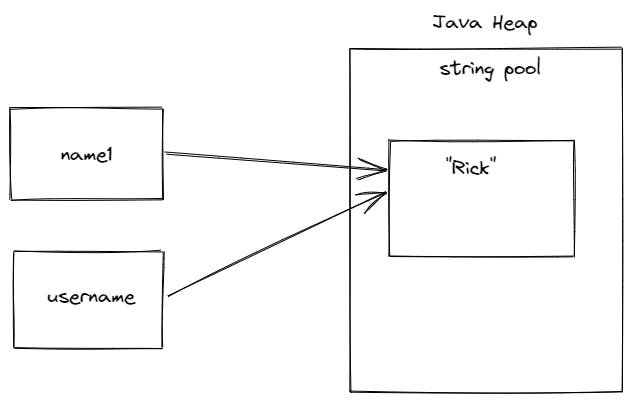Why Are Strings Immutable in Java? In-depth Analysis for Designers
Why Are Strings Immutable in Java? In-depth Analysis for Designers
Blog Article
Discovering the Advantages of Unalterable Strings in Modern Shows Paradigms
In the world of contemporary shows paradigms, the concept of immutable strings stands as a foundation of robust software advancement. By embracing unalterable strings, programmers can ensure boosted information honesty, improved string security, simplified debugging procedures, raised safety and security steps, and efficient efficiency optimization.
Improved Information Stability

By avoiding the modification of string objects, immutability removes the threat of unintentional changes to the information they hold. This not just enhances the protection of the information however also boosts the reliability of the code that depends on these strings.
Immutability likewise sustains safer multithreading atmospheres, as simultaneous access to unalterable strings does not position the threat of information corruption with simultaneous adjustments. This building simplifies the procedure of taking care of strings in identical programming circumstances.
Fundamentally, immutability works as a safety guard around the data stored within strings, improving their stability by making sure that once defined, their values stay unchanged throughout the program's implementation.

Improved Thread Security
Immutable strings enhance the string safety and security of programs by guaranteeing that when a string item is developed, its value can not be modified. This property eliminates the danger of concurrent strings trying to customize the same string concurrently, which could bring about information corruption or inconsistent states in the program - Why are strings immutable in Java?. In a multi-threaded environment, where multiple strings accessibility and manipulate information all at once, the immutability of strings provides a level of safety by assuring that the information stays unchanged throughout its lifecycle
Streamlined Debugging Procedures
Provided the enhanced thread security helped with by unalterable strings, a significant benefit occurs in the realm of simplified debugging processes. Unalterable strings, as soon as developed, can not be altered, making it much easier to map the flow of information and identify the resource of insects in a program. This immutability guarantees that strings remain regular throughout the implementation of the program, decreasing the likelihood of unanticipated adjustments that could result in mistakes.
When debugging with mutable strings, developers typically encounter problems where a string's worth is customized inadvertently, making it testing to determine the origin of an insect. Nonetheless, with unalterable strings, the data stays unmodified, allowing programmers to concentrate on analyzing the actual reasoning of the code instead than locating where and when a string was changed incorrectly.
In addition, immutable strings streamline the debugging procedure by allowing less complicated recreation of insects. Considering that unalterable strings do not change state, designers can recreate and research pests better, leading to quicker recognition and resolution of issues within the codebase. This structured debugging operations ultimately contributes to higher software program quality and enhanced overall development effectiveness.

Boosted Protection Measures
Enhancing information security and strengthening system integrity, the utilization of immutable strings in software applications adds considerably to increased safety and security steps. Unalterable strings, when developed, can not be changed, giving a crucial protection versus malicious tampering or unauthorized access. By ensuring that delicate data kept in strings remains unaltered throughout the program's execution, the threat of information breaches or shot assaults is substantially minimized. Why are strings immutable in Java?. Immutable strings additionally play an essential function in avoiding common protection susceptabilities such as buffer overflows and SQL shot attacks, as efforts to manipulate string data at runtime are naturally limited.
In addition, the immutability of strings enhances the predictability of program actions, making it less complicated to verify inputs and prevent unforeseen changes that might compromise protection. This predictability streamlines the process of bookkeeping and verifying code, enabling developers to identify prospective security technicalities much more efficiently. In general, incorporating immutable strings into software program advancement navigate to this website techniques not only improves the toughness and integrity of applications however also strengthens their durability against safety and security dangers.
Reliable Efficiency Optimization
Structure upon the structure of enhanced safety and security steps attained with the application of immutable strings, a vital element to take into consideration in software advancement is reliable performance optimization. When managing mutable strings, procedures like concatenation or substring development commonly cause the creation of brand-new string objects, resulting in memory overhead and increased handling time. Nonetheless, with unalterable strings, these procedures can be maximized to enhance efficiency. By permitting strings to remain continuous and unchangeable, immutable strings promote much better memory monitoring and caching opportunities, eventually enhancing the overall efficiency of the software application.
Given that immutable strings can not be changed as soon as developed, they can be shared across threads without the danger of unexpected modifications, lowering the demand for synchronization mechanisms and enhancing concurrency. Immutable strings streamline debugging procedures as developers can rely on that a string's value will certainly continue to be consistent throughout the program's implementation, eliminating prospective errors created by mutable state modifications.
Verdict
To conclude, the advantages of utilizing unalterable strings in modern-day programs paradigms can not be overstated. Enhanced data honesty, improved thread safety, simplified debugging processes, boosted safety procedures, and efficient efficiency optimization all add to the total performance of programs jobs. By incorporating immutable strings into programming methods, designers can profit from an extra durable and dependable codebase.
Immutability, a vital function of strings in shows languages such as Java and Python, ensures that as soon as a string object is produced, it can not next be altered or customized.Unalterable strings boost the string safety of programs by making sure that once a string object is developed, its worth can not be modified. Immutable strings likewise play a vital duty in preventing usual protection vulnerabilities such as barrier overflows and SQL injection attacks, as attempts to manipulate string data at runtime are inherently limited.
By permitting strings to remain constant and unchangeable, unalterable strings facilitate better memory administration and caching chances, ultimately increasing the overall efficiency of the software application.
Immutable strings streamline debugging procedures as programmers can rely on that a string's value will certainly he said remain regular throughout the program's implementation, eliminating possible errors triggered by mutable state adjustments.
Report this page